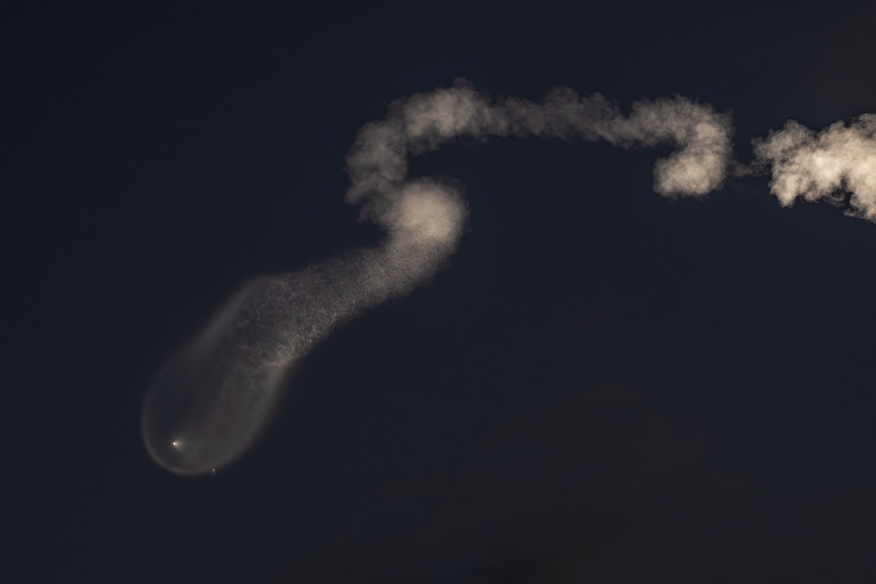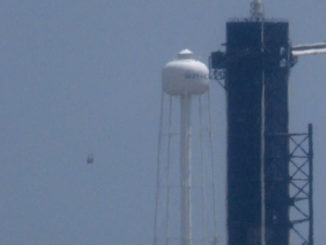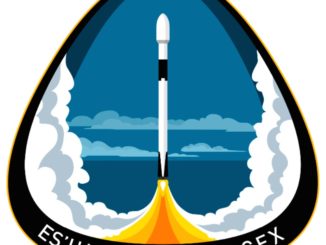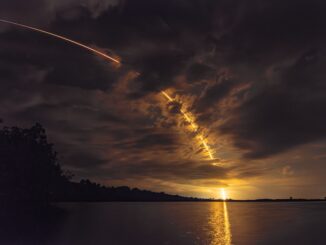
Update Sept. 21, 7:33 a.m. EDT: SpaceX landed its booster on the droneship, A Shortfall of Gravitas.
Rocket enthusiasts along the East Coast were treated to sunny sunrise launch from SpaceX on Sunday as it flew its Falcon 9 from Cape Canaveral.
The Starlink 10-27 mission will send 28 Starlink V2 Mini satellites into low Earth orbit. The spacecraft will deploy from the rocket’s upper stage a little more than an hour after the rocket clears the pad at Space Launch Complex 40.
SpaceX launched from Cape Canaveral Space Force Station at 6:53 a.m. EDT (1053 UTC). The rocket headed away from Florida’s Space Coast on a north-easterly trajectory.
The 45th Weather Squadron forecast a 90 percent chance for favorable weather during the Sunday launch window. Meteorologists said there was just a small chance for interference from cumulus clouds thanks to “below average rain chances” this weekend and early next week.
“Dry air in the mid-levels will continue to limit daily lightning chances,” launch weather officers said. “Isolated coastal showers are likely during both launch windows, but will only be a distant concern for the flight through portion of the Cumulus Cloud Rule due to their expected low-topped nature.”
SpaceX used the Falcon 9 first stage booster with the tail number B1085 to launch the Starlink 10-27 mission. This was its 11th flight following missions like NASA’s Crew-9, Fram2 and Firefly Aerospace’s Blue Ghost Mission 1.
Roughly 8.5 minutes after liftoff, SpaceX landed B1085 on its droneship, A Shortfall of Gravitas. This successful landing was the 125th touchdown on this vessel and the 508th booster landing to date for SpaceX.



